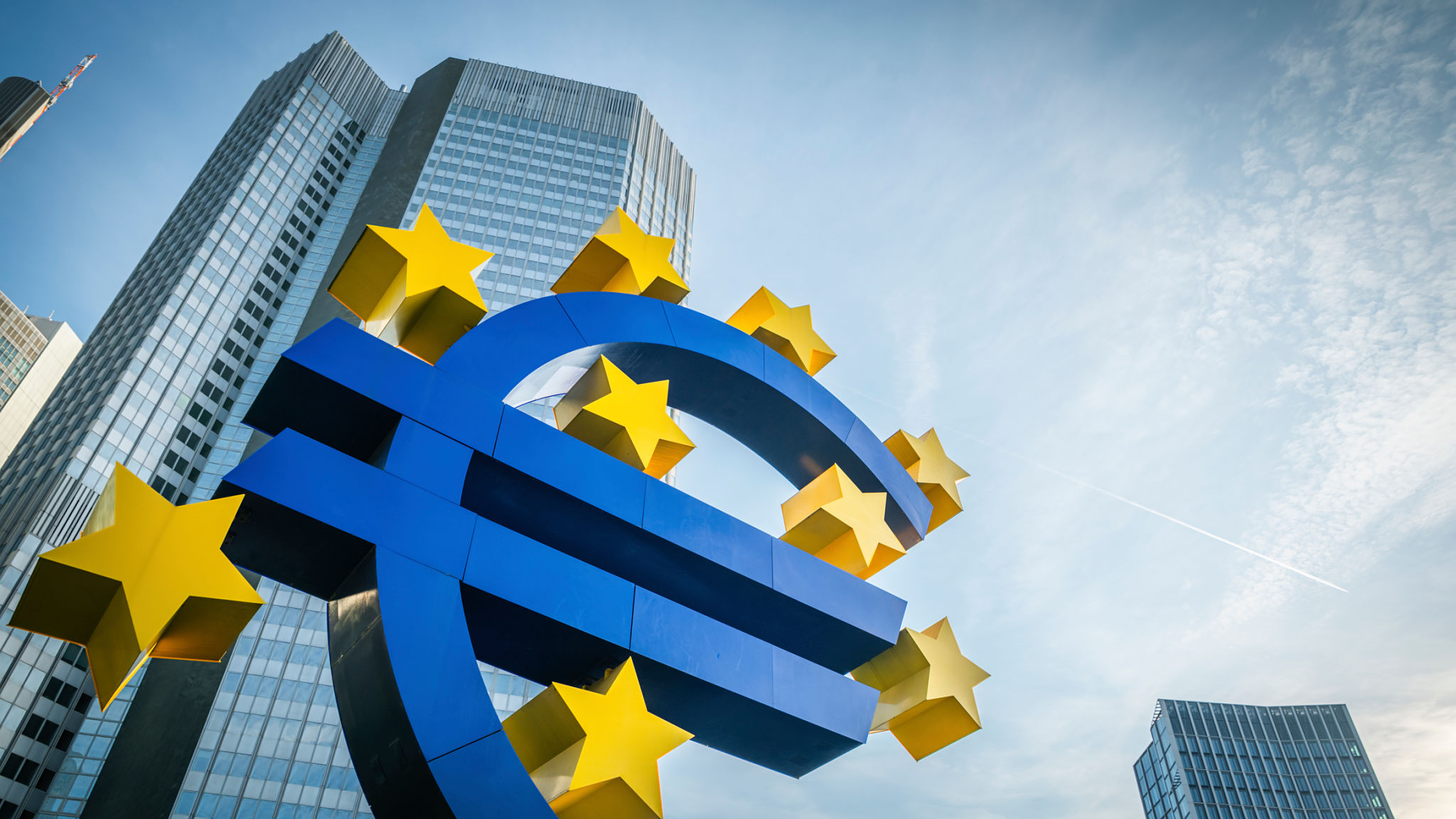Top SEO Strategies for Businesses in the EU Market
Understanding the EU Market
As businesses aim to expand their digital presence, understanding the unique aspects of the EU market becomes crucial. The European Union comprises diverse cultures, languages, and regulations, making it a complex yet rewarding landscape for businesses. Tailoring your SEO strategies to fit this market is essential for success.

Localization and Language Optimization
One of the most critical aspects of SEO in the EU is localization. With 24 official languages, it's vital to cater to the linguistic preferences of your audience. This means not only translating content but also adapting it to fit cultural nuances. Using region-specific keywords and idiomatic expressions can significantly improve your website's visibility.
Additionally, consider employing local SEO tactics like creating content that resonates with specific regions or cities. This approach helps in increasing relevance and engagement among local audiences. Businesses can also benefit from hiring native speakers or partnering with local experts to ensure accuracy and cultural appropriateness in translations.
Adhering to GDPR Regulations
The General Data Protection Regulation (GDPR) significantly impacts how businesses operate online in the EU. Compliance with these regulations is not optional, as it governs how personal data is collected, stored, and used. Implementing transparent data policies not only helps in avoiding hefty fines but also builds trust with your audience.

Ensure your website has clear privacy policies and consent forms, allowing users to understand and control their data usage. This transparency can enhance user experience and foster a positive reputation for your brand. Furthermore, optimizing your site for data protection can also improve SEO rankings, as search engines prioritize secure websites.
Mobile Optimization
The EU market has seen a significant shift towards mobile usage, with a substantial portion of users accessing the internet via smartphones and tablets. To capture this audience, mobile optimization is a non-negotiable SEO strategy. Ensure that your website is responsive, fast-loading, and easy to navigate on mobile devices.
Consider implementing Accelerated Mobile Pages (AMP) to enhance mobile performance further. AMP can improve loading times and boost your chances of appearing in Google's mobile search results. Providing a seamless mobile experience can lead to higher engagement rates and better conversions.

Content Quality and Authority
In the EU market, content remains king. High-quality, authoritative content is crucial for building credibility and attracting both users and search engines. Focus on creating informative, relevant, and engaging content that addresses the needs and interests of your target audience.
- Regularly update content to keep it fresh and relevant.
- Incorporate multimedia elements like images and videos to enhance engagement.
- Utilize internal linking to guide users through related content on your site.
Leveraging Social Media Integration
Social media platforms play a significant role in reaching EU audiences. Integrating social media into your SEO strategy can enhance visibility and drive traffic to your website. Share content across popular platforms such as Facebook, Instagram, and LinkedIn to increase reach and engagement.

Encourage social sharing by adding easy-to-use share buttons on your website. This can help amplify your content's reach, potentially improving your search engine rankings. Engaging with users on social media also provides valuable insights into customer preferences and behaviors, which can inform future SEO strategies.
Conclusion
Implementing effective SEO strategies in the EU market requires a nuanced understanding of its diverse landscape. By focusing on localization, adhering to GDPR, optimizing for mobile, producing quality content, and leveraging social media, businesses can enhance their online presence and achieve sustainable growth in this dynamic region.
